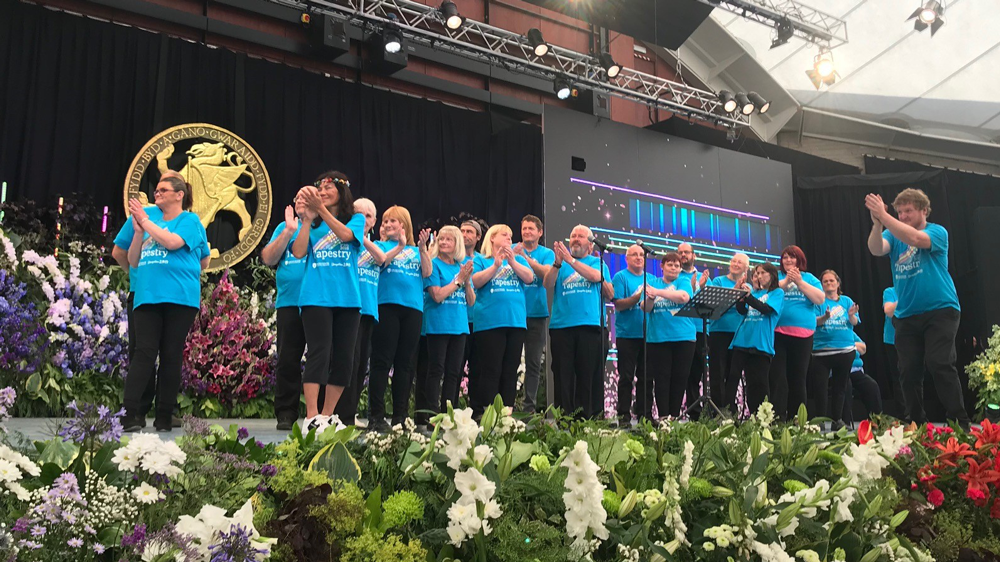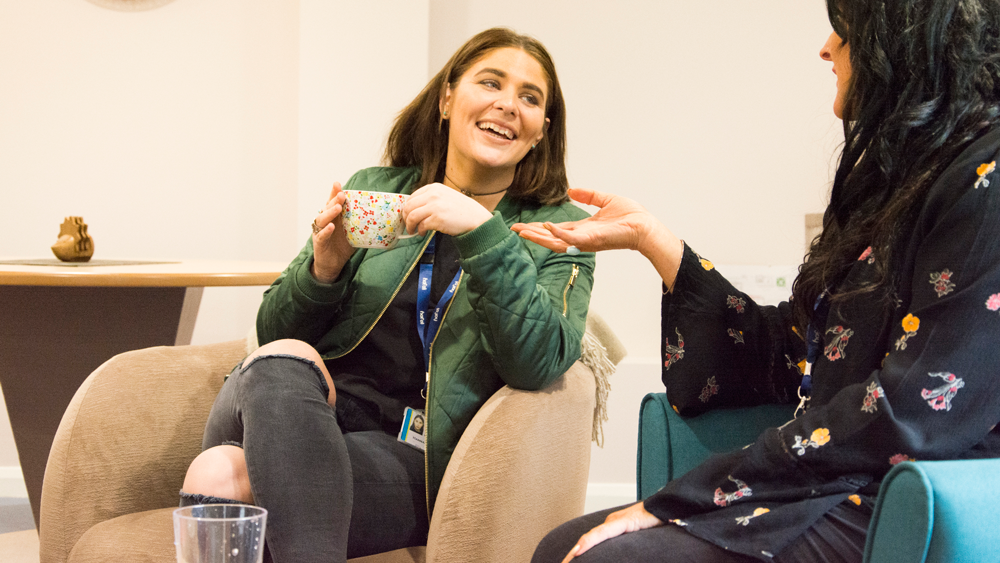Rehab Cymru News
Meet The Team
Our management and staff team boasts many years of expertise and experience in the fields of addiction, rehabilitation and recovery.
Our Team are committed to tailoring our approach to each clients individual needs, we guarantee an excellent staff-to-guest ratio. Therapies offered are personal and tailored to the individual needs.

Admissions and Referrals Manager.
Laura has substantial experience in supporting clients into residential services, displaying compassion, and understanding towards our guests and their families.
Laura will ensure all clients with have a smooth and stress-free admission into treatment and will go above and beyond to ensure this happens. Laura works closely with the clients family and friends to make sure they are at ease during this difficult period.

Director of Hospital & Residential Service / Contract Lead
Leon has more than 18 years of experience in the fields of addiction and criminal justice – including more than a decade managing residential rehabilitation services.
Leon works closely with our partners and commissioners. His focus is on ensuring our services meet the expectations of service users and remain innovative and high-quality.
Leon oversees 4 specialist treatment facilities and is registered as Responsible Individual with the Care Inspectorate Wales (CIW), Health Inspectorate Wales (HIW) and Care Quality Commission (CQC)
Leon has a Bsc(Hons) degree in Criminology and Psychology, as well as an Level 5 specialist residential management qualification and is currently completing his MBA (Entrepreneurship)
Leon sits on the board of Recovery Group UK (RGUK) as is the contract lead for the All Wales Residential rehabilitation framework – Rehab Cymru
Treatment Approaches
Which is the best model?
There is no single best treatment model, which is to be expected given that there is no singular true model of addiction itself. There is something to learn form all the addiction models on what addiction is and how to treat it.
Treatment in this model is typically delivered in a hospital or medical setting as part of a detoxification programme and includes various pharmacological therapies to assist detoxification, symptoms reduction, aversion, or maintenance on suitable alternatives.
At this stage of treatment, responsibility for resolving the problem does not rest with the client, and change can come about only through acknowledging loss of control and adhering to medical prescriptions.
The spiritual model of addiction is one of the most influential, largely because of the 12 Step fellowships as Alcoholics Anonymous, Cocaine Anonymous and Narcotics Anonymous. Addiction is viewed as a disease and residence usually work their way through the 12 steps as part of a planned programme of recovery. Residents will spend time in ‘Step’ groups. Once residential rehab is completed ex residents are expected to continue to attend AA/NA groups in the community.
The 12-step programme emphasize recognizing a higher power (often called God in AA) beyond oneself asking for healing of character, maintaining communication with the Higher Power through prayer and meditation, and seeking to confirm ones life to its will.
Spiritual models all share a recognition of the limitations of the self and a desire to achieve health through a connection which transcends the individual.
Offers a bespoke care, addressing any presenting issues. Treatment is based on a individuals needs which are assessed during pre-admission, on admission and throughout the individuals stay. The programme is responsive and adaptable if new issues arise.
Cognitive Behaviour Therapy – CBT
Cognitive behaviour Therapy is used widely in addiction treatment, CBT teaches clients in treatment for substance use disorders to find a connection between their thoughts, feelings, and actions, this helps the client increase their awareness of how these might impact their recovery.
Cognitive Behaviour Therapy can also help treat co-occurring disorders such as Anxiety, Bipolar disorder, eating disorders and post-traumatic stress disorder.
Cognitive behaviour therapy identifies that many harmful actions and emotions are not always logical or rational. These behaviours can be affected by past experiences or environmental factors.
CBT helps patients overcome drug addiction and alcohol addiction by helping to disregard false beliefs and insecurities that can lead to substance misuse, providing self-help tools to better their moods and teach effective communication skills.
Triggers that affect cravings throughout the day, postpone many clients from achieving a sober life, CBT helps clients struggling with addiction to deal with triggers in 3 keyways:
- Recognise
- Avoid
- Cope
Motivation is the key to change
- Motivation is key to change
- Motivation is multidimensional
- Motivation is influenced by social interactions
- Motivation can be modified
- Motivation is influenced by the rehabs style
- The rehabs key task is to elicit and enhance motivation
Motivation is multidimensional, containing several complex and often interlinked components, encompassing internal urges to take part in harmful behaviours and desires.
Motivation is a dynamic state that can fluctuate over time and in relation to different situations, rather than a static personal attribute. Motivation also varies in intensity, faltering in response do doubts and increasing as these are resolved and goals are more clearly realised. In this regards motivation can be a barrier or a resolute readiness to act or to not act, to complete and engage in treatment or to not.
Motivation in Treatment
Motivation is influenced by social interactions.
Interactions between guests, other people and the environment can significantly increase or decrease levels of motivation. It is acknowledged that although internal factors are the basis of change, external factors are the condition of change.
A person’s motivation to change can be strongly influenced by family, friends, and community support. Lack of community support, such as barriers to health care, employment, and public perception of substance misuse, can also affect an individual’s motivation.




